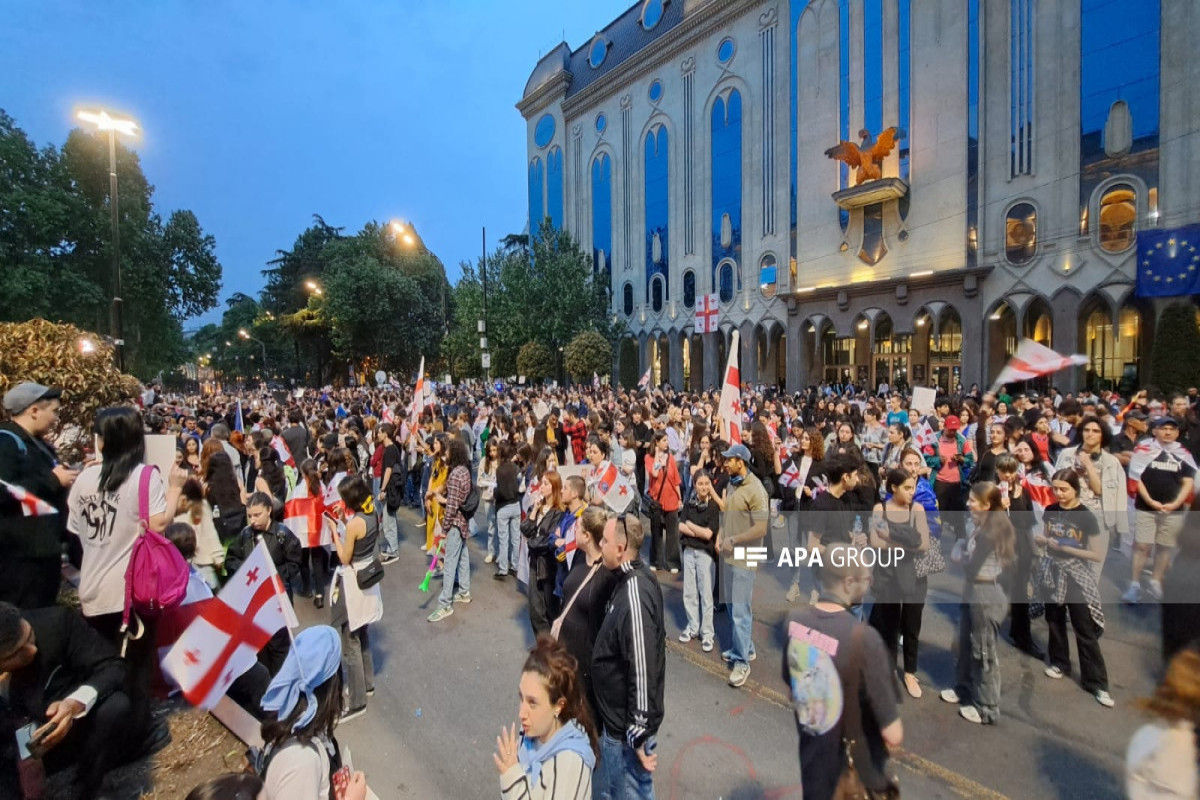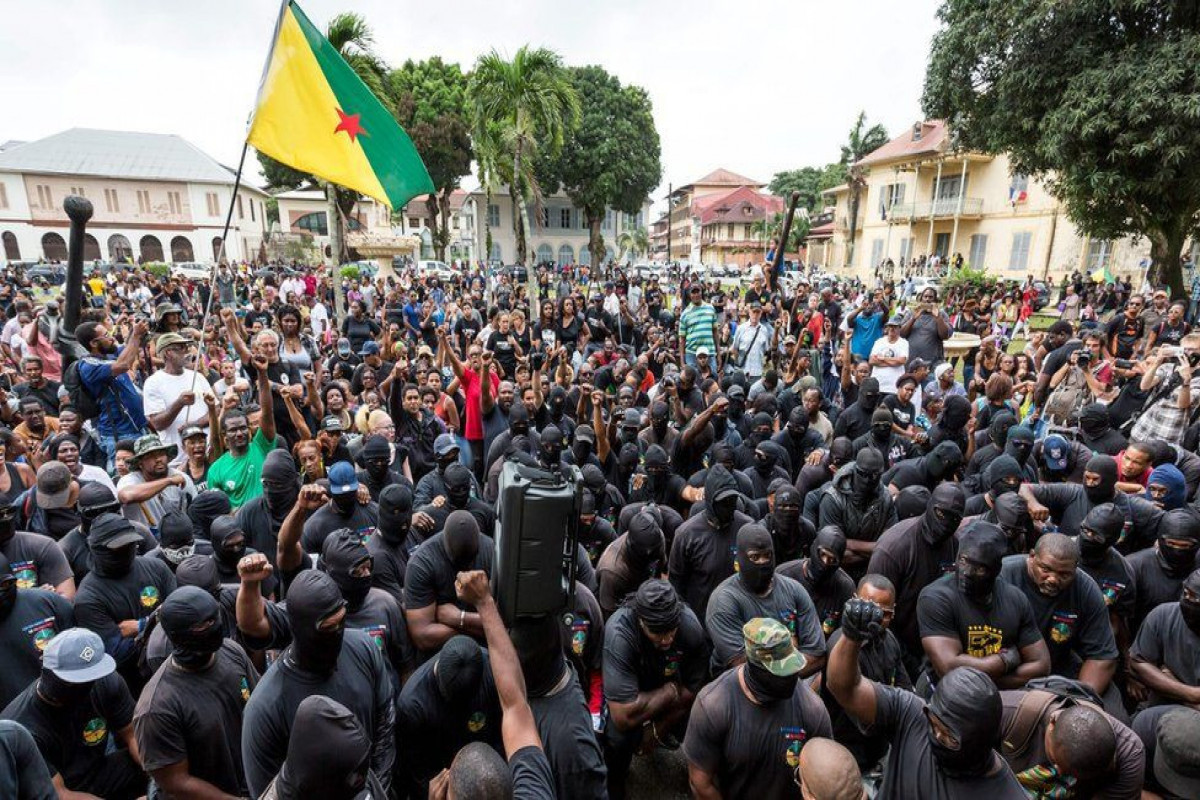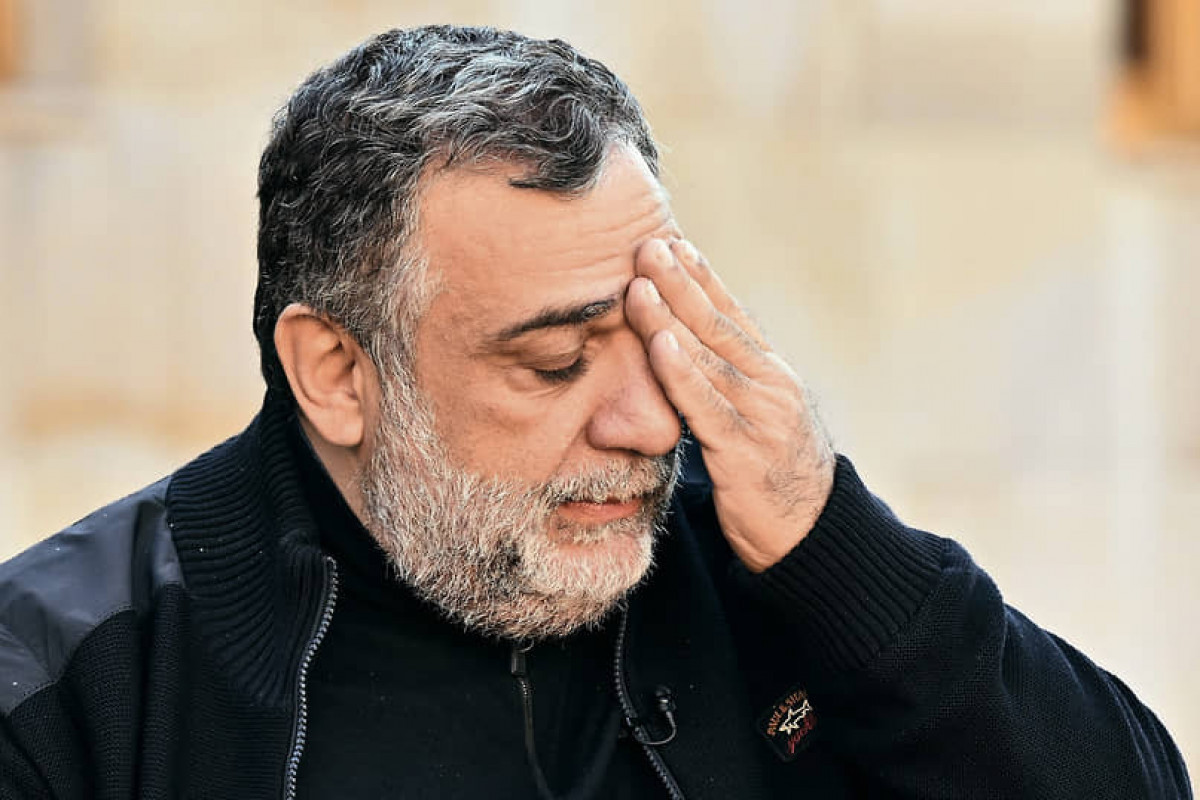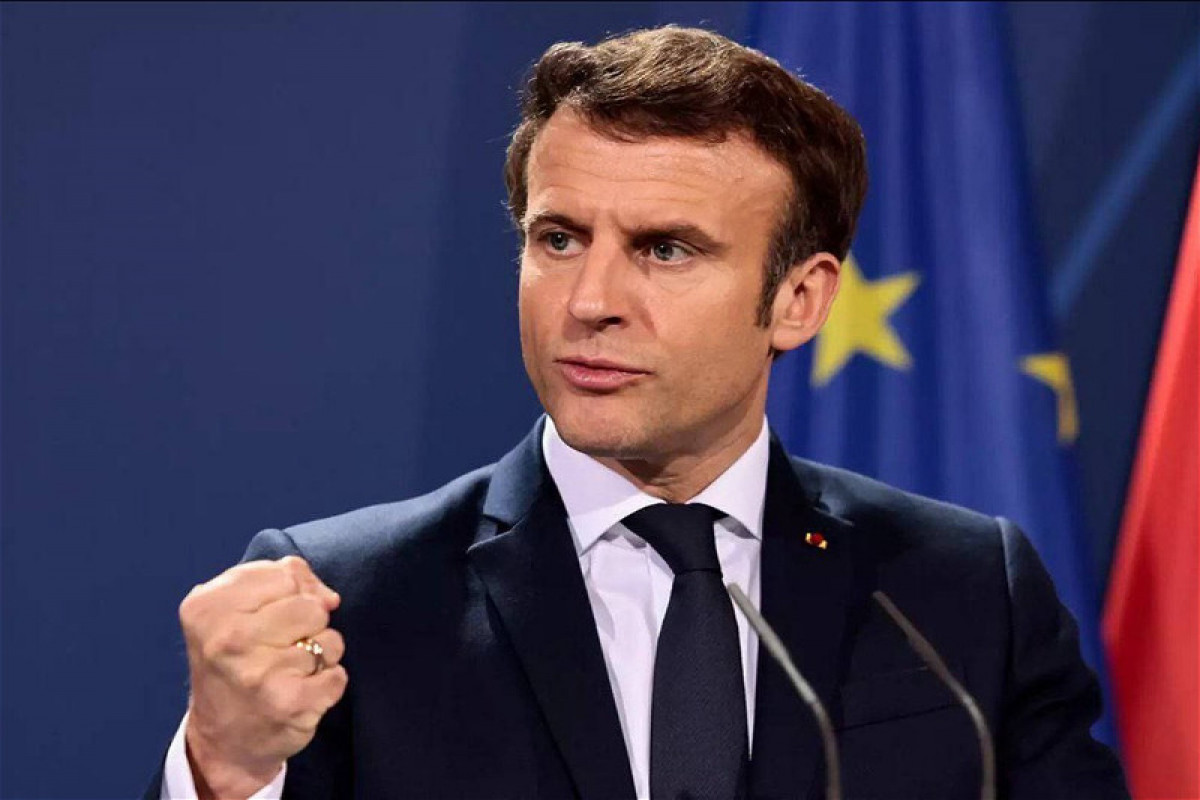Brussels downgrades the Caucasus

Now critics of the EU’s approach to the region have further justification. At the end of May, news leaked out that the EU’s new foreign policy chief Catherine Ashton was planning to scrap the EU Special Representatives (EUSRs) for Moldova and the South Caucasus (RFE/RL, May 31). The move would take place as part of a broader restructuring of the bloc’s out-of-area officials ahead of the launch of the European External Action Service, the new diplomatic service.
The plan has not yet been officially announced. However, it would involve transferring the power of the EUSRs into the local EU embassies (currently EU delegations), which would gain politically more powerful heads (EU Observer, June 2). On the surface, this does not sound too objectionable. But this bureaucratic shift will create several problems.
For the South Caucasus, unlike Moldova, the move will mean a serious fracturing of the EU’s authority. The current Special Representative Peter Semneby has a mandate covering all three states. Where regional solutions are needed, it is imperative that a regional mandate is provided. Indeed it could be argued that Mr Semneby’s mandate is already too limited, as it does not – officially at least – cover Russia or Turkey (European Council Joint Action, February 20, 2006). Fragmenting this authority between individual embassies will severely damage the EU’s ability to conduct high-level, multilateral diplomacy.
A related issue is that, as an analyst points out, the embassies are concerned with the nuts and bolts of EU relations – internal, technical reforms in various fields (Jamestown Foundation, June 4). They are not concerned with settling the region’s conflicts, except indirectly. Even boosting the political power of EU ambassadors would not be enough to maintain conflict-resolution and grand political efforts.
Furthermore, the way that the plan emerged is hardly encouraging for Baroness Ashton’s fledgling diplomatic apparatus. Building on an apparently “vague†leader, her top foreign policy and security adviser Robert Cooper announced the proposal to EU ambassadors of member states in Brussels on May 28. Neither Mr Semneby nor his equivalent for Moldova Kalman Mizsei were consulted in advance; nor were the regional states.
Other European institutions also appear to have been wrong-footed. Just days before, the European Parliament called for greater engagement with the South Caucasus, particularly in resolving Nagorno-Karabakh conflict (RFE/RL, May 20). Although the Parliament and the Commission do not always speak with a single voice, this contradictory approach hardly inspires confidence in the affected states. It is symptomatic of Europe’s divided and confused foreign-policy approach.
Above all, the move indicates that Brussels does not consider the South Caucasus as a priority. As several analysts have observed, other Special Representatives have been maintained – even for distant and (for the EU) fairly obscure regions like the Great Lakes in Africa.
The dismissive attitude is amplified by the fact that the proposal is apparently intended to strengthen, not weaken, regional-level EUSRs elsewhere. Creating a unified regional mandate for the Balkans, and destroying it in the Caucasus, makes no institutional sense.
The shadow looming over this institutional reshuffle is, of course, Russia. The decision to scrap the Moldova and South Caucasus EUSRs was made on the eve of a Russia-EU summit (AFP, May 31). Drawing a link between the timing of the two is probably mistaken: the summit deliberately skirted politics, focusing on trade, and the EU’s decision-making process is hardly smooth enough to orchestrate such a Machiavellian trade-off.
Nonetheless, Russia is rapidly moving to the top of the EU’s agenda. This is partly in the wake of the reset in US-Russia relations, but also due to Moscow’s own recognition of the need to kick-start its ailing petro-economy (The Times, May 12). A better relationship with the EU is central to this modernisation drive, and Brussels is happy to reciprocate and attempt to sweep away the ugly political disputes of the last several years.
Russia was never staunchly opposed to an EUSR for the whole South Caucasus, and the decision to scrap the post is not a concession to the Kremlin (although it does help Russia’s regional geopolitical strategy). Instead, it is an indication that the South Caucasus is simply not a priority any more for Brussels. The EU’s new foreign policy machine, which was supposed to create a united and pro-active approach to diplomacy, has instead failed in the Union’s own backyard.
Political
 ANALYTICS'>
ANALYTICS'>
Georgia is on the verge of chaos again - Will the West achieve the next 'color revolution'?"-ANALYTICS

Neocolonial policy of France on the edge of collapse- French Guiana is also on the path to liberating itself from colonization-ANALYSIS

An attempt to create a "Dove of Peace" from Vardanyan — Struggle over the wealth of the separatist billionaire-ANALYTICS

Macron is not sincere in his statements - France allocates less military support to Ukraine than Baltic countries-ANALYSIS
NEWS FEED
Borussia Dortmund beats PSG 2-0, reaches CL final
2 Georgian volunteers fighting for Ukraine killed in combat
Azerbaijan performed in Eurovision 2024 first semi-final
Number of people poisoned by doner in Azerbaijan's Zagatala rises to 40-UPDATED-1
UN General Assembly declared May 25 World Football Day
Azerbaijani President, Slovak Prime Minister made joint statement-UPDATED-1
President Ilham Aliyev held expanded meeting with Prime Minister of Slovakia -UPDATED-1
President Ilham Aliyev held one-on-one meeting with Prime Minister of Slovakia-UPDATED-1
EIA revises US 2024 oil output to 13.2M bpd
Shot dead body of military serviceman found in Armenia
Earthquake jolts border zone of Armenia and Azerbaijan
Austria not intends to join NATO - Foreign Ministry
FIFA President invited to COP29
NATO Representative, Armenian Deputy FM discuss border delimitation with Azerbaijan
Baku hosts 7th meeting of High-Level Working Group on Caspian Sea issues
Training held to support preparation of Azerbaijan's climate change Transparency Report
Türkiye urges Israel to withdraw from Rafah border crossing
Mid-level Israeli team to head to Cairo to assess Hamas position, Israeli official says
UN urges Israel to reopen Rafah crossing
Azerbaijan, Pakistan mull cooperation in field of military education-VIDEO
Azerbaijani PM visits Anitkabir in Ankara
Slovak Prime Minister concludes his visit to Azerbaijan
Europe must increase defence capabilities to be safe, says Poland's Tusk
Shooting breaks out between Kyrgyz, Tajik border
Azerbaijan ranks first among most preferred travel destinations in Gulf countries
Belarus holding tactical nuclear drills together with Russia
Russia may strike Britain's military facilities if London's threats materialize — MFA
Azerbaijan may limit number of taxis
Slovak PM: There is project to import Azerbaijani gas from territory of Ukraine through a point on Russian-Ukrainian border
Macron’s aggressive rhetoric baffles even his allies — Russian MFA
Slovak PM pays tribute to Azerbaijani martyrs
Next group of Azerbaijan Army servicemen to be involved in EFES-2024 exercise left for Türkiye -VIDEO
Two Ukrainian security officials detained over Zelensky assassination plot
EP members make appeal to EU foreign policy chief to suspend Georgia's candidacy status
Bulgarian President Rumen Radev arrived in Azerbaijan on an official visit
Argentina welcomes delimitation process between Azerbaijan, Armenia
Armenian PM: Karekin II is leading the political movement today, beneficiary of movement is Robert Kocharyan,
Official dinner was hosted on behalf of President of Azerbaijan in honor of Prime Minister of Slovakia
Piled up problems in relations will be raised in the meeting with Putin – Armenian PM
Azerbaijani PM views progress of construction works in "Azerbaijan quarter" in Kahramanmaraş province of Türkiye -PHOTO
Russian government resigns
BP profit slides by 40% as refinery outage offsets higher output
Peace agreement between Armenia, Azerbaijan may be signed by November - PM Pashinyan
Russia don’t refuse dialogues with West, choice is theirs - President Putin
Robert Fico: Azerbaijan is exemplary in terms of sovereignty
Azerbaijan determines fines for persons who produce tobacco products without registration
President Ilham Aliyev: Azerbaijan transports its natural gas to Europe through reliable routes
Broadcasting of Russian TV channels in Armenia may be stopped, PM says
President: Slovakia and Azerbaijan are currently governed by policies based on sovereignty and dignity
Sviatlana Tsikhanouskaya meets NATO Secretary General, addresses Allies

